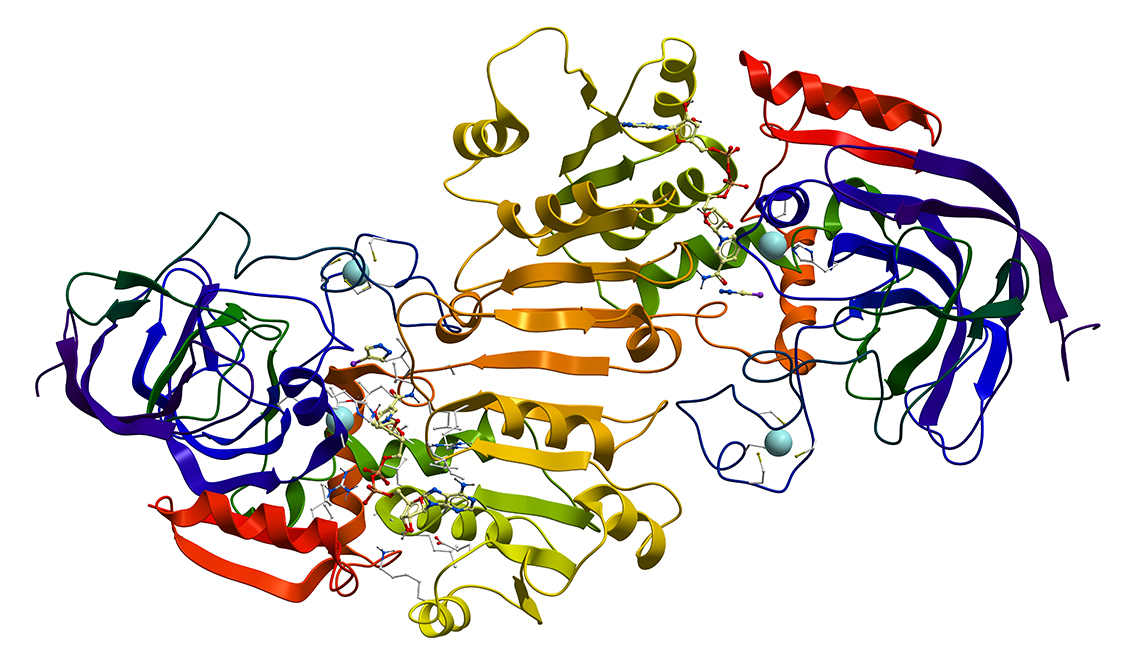40 million Danish kroner for protein research
Researchers from Aarhus University participate in a new national project to ensure that protein researchers will have access to the latest advanced equipment. The goal is to maintain Denmark’s leading position in protein research and to strengthen infrastructure and technological development.

Five Danish universities participate in this new national platform to strengthen research in proteins, e.g. during cell development and antibiotic resistance. The project, called PRO-MS, is supported with DKK 40.1 million from the Danish Ministry of Higher Education and Science.
The large grant ensures that protein researchers at the five Danish universities (Aarhus University, University of Copenhagen, University of Southern Denmark, Technical University of Denmark and Aalborg University) can buy and use the very latest and most efficient measuring equipment to map and study the protein compositions of plants, microorganisms and mammals.
Associate Professor Emøke Bendixen and Professor Jan J. Enghild from the Department of Molecular Biology and Genetics represent Aarhus University in the new national project.
Expensive and sophisticated equipment
PRO-MS will set up 15 different mass spectrometers, which are expensive and sophisticated equipment that can measure the chemical composition and properties of proteins with very high accuracy and sensitivity.
Protein analyses are necessary to understand how living organisms are structured and how the basic biochemical processes take place in cells and tissues. The new research platform will thus help to investigate the protein compositions in various tissues in humans, animals and plants, and contribute to explain how changes in protein composition regulates ,e.g., growth and development of these organisms.
In addition, PROMS will also study the mechanisms behind resistance to antibiotics for farm animals and humans, and study microbial interactions with human, animal and plant cells.
Cooperation with companies
It is expected that PRO-MS will strengthen technological development in the biotech, pharmaceutical and food sectors.
Mass spectrometry is a very versatile method of measurement, which is constantly evolving. Protein research with mass spectrometry contributes, for example, to develop new biotechnological production processes based on enzymes, to elucidate the protein composition of food, and to characterise new protein-based drugs with fewer side effects, including in cancer treatment.
The research platform has great relevance for the biotechnology and pharmaceutical industries, and this will undoubtedly contribute to several future research collaborations between universities and companies.
Six months ago, the Danish Ministry of Higher Education and Science published the Danish Roadmap for Research Infrastructure 2015, which is a catalogue of 22 priority proposals for new national research infrastructures.
For further information, please contact
Associate Professor Emøke Bendixen
ebx@mbg.au.dk - mobile: + 45 2384 7547
Tel.: +45 87155449
Department of Molecular Biology and Genetics
Aarhus University, Denmark
